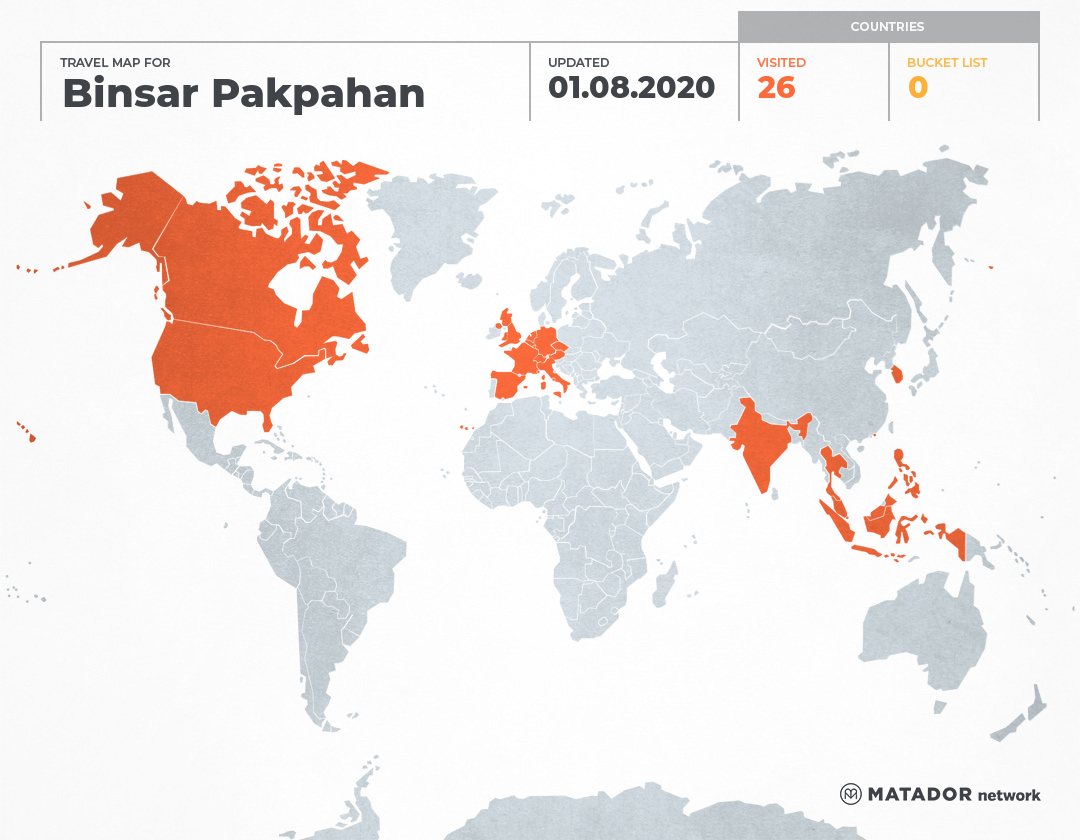Interior Minister Guusje ter Horst has proposed to allowing criminals to be recorded with the ethnicity background. This is a new proposal for the Police and Public Prosecutor since the Netherlands is currently registering the nationality and place of birth of suspects.
There are different comments on this idea. Expatica noted Trouw’s – a leading Dutch Newspaper – opinion that this could allegedly stigmatises foreigners and second and third generation Dutch nationals. In short, why would you note someone to be Morrocans, Turks, or Indonesians if they have a Dutch passport. What if someone from Frisland got caught? What note would they put on the person? Dutch or Frisians?
Expatica again mentions, “Ter Horst said she does not believe that this would stigmatise certain ethnic groups, nor should it be seen in a negative light.” Further the minister says, “If you want to solve a problem you have to know who is causing it. And if in Amsterdam it’s mostly Moroccans, then you have to give it a name. Otherwise you lose information. Moreover, you can also get the Moroccan community involved.”
In my opinion, we should know what does she mean by “giving it a name”. Giving a name is not an easy thing to do. What is it that she wants to name? Is it the action? Is it the person? Is it the background of the person committing the action? This is complicated. You can never fully understand a person or an action if you are the one who is giving it a name. When you put a name on an action and that action represent an identity of a specific group, this would be the same as giving an identity on something based on your own interpretation of an action. It is not the true identity of the person, or the action, but it is merely a label that you put on so that you would understand it. The truth is, you can never fully understand something when you label it based on your own understanding.
This kind of labelling could lead to specific action that was done towards a specific group with a specific identification. For instance, if some of the Indonesians are ilegally working in some places in the Netherlands, then this would be labelled in the police’s dictionary of ‘Indonesian identity’. Then the police, based on their ‘people labelling’, can have the assumption when he/she meets any Indonesian that they are illegal. Can this legalize and enforce the action taken by the police based on the assumption, i.e. interrogate any Indonesian on the street if they look ‘illegal’? To what extend would the authorities are able to act on any Indonesian based on that pre-assumption – that Indonesians are illegal?
I fear that stigmatise on certain ethnic groups will become stronger just because of the action of some of their members. Other members of the group will suffer because of other people’s action which happens to have the same ethnic background. This means not everybody is equal in the eye of the law, you could be a ‘prospective criminal’ if you have the same ethnic background with a criminal. I hope this idea will not go through. I’m sure that there are better preventive ideas to such effort of reducing crimes.
Below is the full news on Expatica,
Dutch minister wants to link crime and ethnicity
Interior Minister has proposed breaking the taboo of registering suspects according to their ethnic background.
17 September 2008
THE HAGUE — Interior Minister Guusje ter Horst has proposed allowing police and judicial authorities to register the ethnic background of criminals.
In an interview with the Amsterdam newspaper Het Parool, the minister said the police and Public Prosecutor’s Office should be able to report the ethnic background of suspects.
At the moment, the Netherlands only registers the nationality or the birthplace of suspects, but the children of immigrants are “invisible” as far as background is concerned.
Trouw reports that linking crime and ethnicity is extremely controversial as it allegedly stigmatises foreigners and second and third generation Dutch nationals.
Ter Horst said she does not believe that this would stigmatise certain ethnic groups, nor should it be seen in a negative light. “I remember that when I did research in dentistry in the 1970s we ascertained that Turkish and Moroccan children had many more cavities. We then thought up a questionnaire. It wasn’t allowed. It was discriminatory because it was directed at a certain group. That’s terrible, isn’t it?”
“If you want to solve a problem you have to know who is causing it. And if in Amsterdam it’s mostly Moroccans, then you have to give it a name. Otherwise you lose information. Moreover, you can also get the Moroccan community involved.”
She said the registration should be seen as “a neutral target group analysis”.
The Social and Cultural Planning Office, which is currently studying the need for registration according to ethnic background, will report in December to Integration Ella Vogelaar on the advisability of the idea.
On Wednesday morning, the website GeenStijl (meaning “no style” or poor taste) had 169 reactions to the minister’s comments. The website is known as insulting and right-wing and is often full of racist comments. Though most reactions insulted foreigners and Moroccans in particular, some were sarcastic and opposed the minister’s proposal.
In a commentary entitled “We are going to measure skulls again!” (the Nazis believed that Aryans had different-shaped and superior skulls), the writer makes fun of a Labour minister putting forward a proposal which until recently would have been considered typical of the far right.
Other responses suggested that people be registered according to their political preference.
One asked why the minister wants to register people with Dutch passports as Moroccans and Turks.
[Radio Netherlands / Frank Scimone / Expatica
http://www.expatica.com/nl/articles/news/Dutch-minister-wants-to-link-crime-and-ethnicity.html
Viewed 7548 times by 2315 viewers




